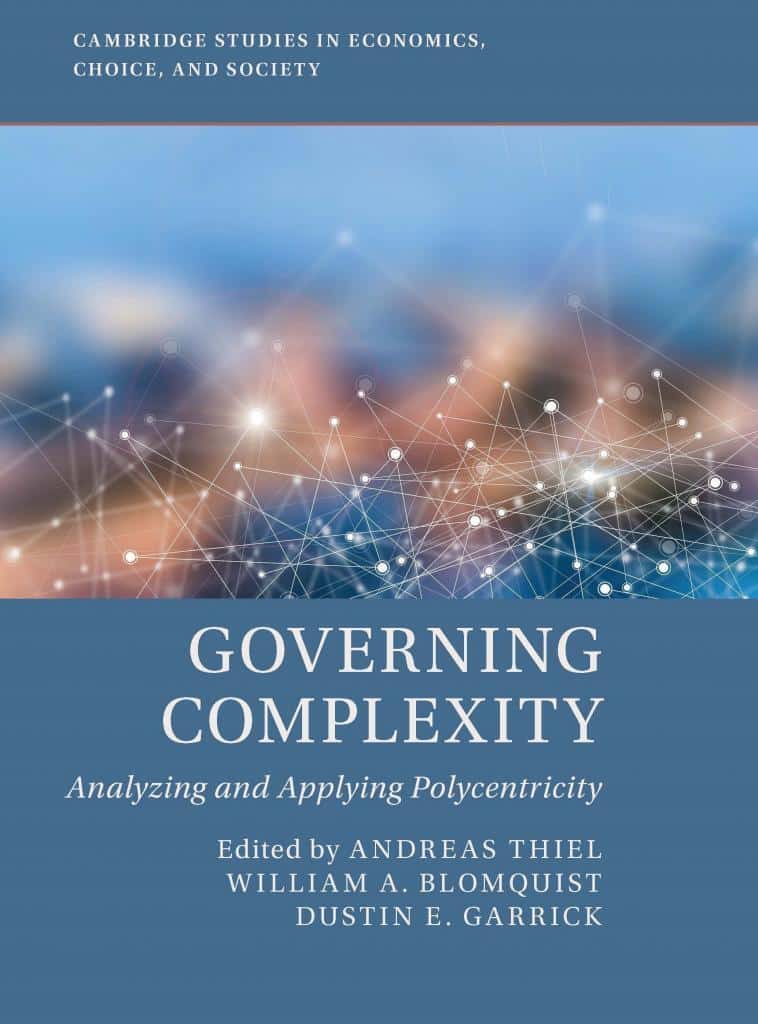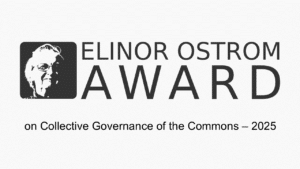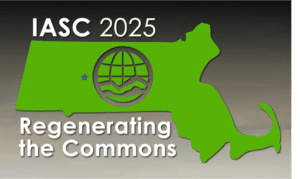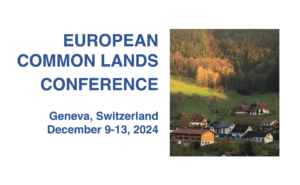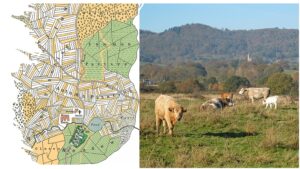Book description
There has been a rapid expansion of academic interest and publications on polycentricity. In the contemporary world, nearly all governance situations are polycentric, but people are not necessarily used to thinking this way. Governing Complexity provides an updated explanation of the concept of polycentric governance. The editors provide examples of it in contemporary settings involving complex natural resource systems, as well as a critical evaluation of the utility of the concept. With contributions from leading scholars in the field, this book makes the case that polycentric governance arrangements exist and it is possible for polycentric arrangements to perform well, persist for long periods, and adapt. Whether they actually function well, persist, or adapt depends on multiple factors that are reviewed and discussed, both theoretically and with examples from actual cases.
Thiel, Andreas; Blomquist, William A; Garrick, Dustin E. (Eds.) (2019). Governing Complexity: Analysing and Applying Polycentricity. Cambridge: Cambridge University Press.
With contributions by Mark Stephan, Graham Marshall, Mike McGinnis, Nadine Schröder, Christine Moser, Raul Pacheco Vega, Elizabeth Baldwin, Tom Koontz, Sergio Villamayor-Tomas, Tanya Heikkila, Anas Malik, Edella Schlager, Vlad Tarko, Mark Lutter and Bryan Bruns (in order of appearance in the book).
Praise on the backcover:
“Building on the path-breaking contributions of Elinor and Vincent Ostrom to institutional analysis, this volume takes the research agenda focused on polycentricity to a new level, setting the stage for a new generation of investigations and theorizing of polycentric governance systems.”
Paul Dragos Aligica, author of Public Entrepreneurship, Citizenship and Self Governance
“Andreas Thiel, William Blomquist, and Dustin Garrick have succeeded in producing a volume articulating and demonstrating what polycentric governance is, how to recognize it, how to make use of it, and how to evaluate it. The edited volume provides numerous insights into how to understand and govern the complexity of self-organizing, multi-scalar and dynamic institutions and socialecological systems in turbulent times – by thinking polycentrically!”
Carl Folke, Director, Beijer Institute, Royal Swedish Academy of Sciences, and Founder and Science Director, Stockholm Resilience Centre, Stockholm University, Sweden
“Polycentrism describes how complex problems are governed. Vaguely chaotic to the naïve, polycentrism frequently works, sometimes even well. This book is designed to help us see political realities and to work with them constructively. Overlapping authorship and serious editing make the book greater than the sum of its excellent chapters.”
Richard B. Norgaard, Professor Emeritus, Energy and Resources Group, University of California-Berkeley
Read more information about this book here.

